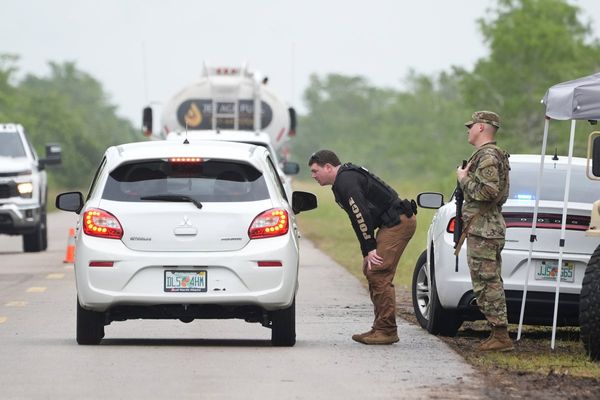
“Let us inspire confidence in our fellow citizens that the way things are now is not the way they must always be”, Scottish first minister Nicola Sturgeon said in a speech last year outlining plans to set up a new state-owned energy company.
The Scottish policy follows a wave of local authority-owned energy companies launching across the UK, such as Liverpool’s Leccy and Leeds’ White Rose, along with Bristol Energy – which is wholly owned by Bristol city council and will invest its profits back into the city.
One way Bristol Energy is putting community front and centre is through its recently launched Fuel Good Fund. When people switch gas and electricity to them and mention Fuel Good, money is donated to a local, charity-run initiative called WHAM (Warmer Homes and Money), which installs simple but effective measures such as draught proofing, boiler fixes or even a new pair of curtains, to keep homes warm. It also offers energy and debt advice to local consumers.
When Bristol Energy’s fuel good fund launched in February this year, Lisa Evans from the Centre for Sustainable Energy, one of the charities that leads the WHAM project, reflected on why their work is so important: “We regularly meet people who are feeling the full impact of fuel poverty,” she said. “A few years ago we visited the mother of two severely asthmatic children who was so fed up with the mould covering the inside of her home she had painted the walls black, so she was spared the misery of looking at it. In cases like these you don’t need to know the statistics to understand how much cold homes can impact people’s health and wellbeing.”
Bristol Energy was set up to take the power away from multinationals, and bring benefits to local people instead. Peter Haigh, managing director, says: “We think publicly owned energy can be part of the solution – not just to stop customers overpaying to simply heat their homes or cook a hot meal, but for councils looking to invest in the wellbeing of their city.”
Alongside Bristol Energy, another pioneer is Nottingham city council, the first local authority in the UK to set up its own not-for-profit energy company, Robin Hood Energy, in 2015. “To start again and say we’re having a local energy company was quite a shock to the system,” says councillor Steve Battlemuch, chair of the Robin Hood Energy board.
The city has a history of public ownership – it’s long had its own bus company, for example – and Battlemuch says it provides a positive impact for the local people. “We wanted to find a way to get cheaper energy prices for Nottingham residents and more control over energy – to take some of that control away from big multinationals,” he says.
As publicly owned companies continue to grow, with Islington’s Angelic Energy and Doncaster’s Great North Energy being the most recent schemes, there’s great potential for giving back to the community. Leccy, Liverpool council’s energy company, formed in partnership with Robin Hood Energy, says that its profits go back into keeping prices low for customers, and supporting energy-saving projects to help local people.
Meanwhile, Scotland’s Our Power, a not-for-profit company run by social housing providers, community organisations and local authorities, makes a donation to a network of local energy co-operatives in the south of England for every customer who switches to its 100% green tariff in the south-east. The co-operatives, part of the Community Energy South network, aim to develop local energy sources and build community resilience.
Your Energy Sussex, another non-profit energy company working in the south-east and operated by a partnership of local authorities, has various community-focused projects. In Crawley, the company and the town council installed and maintain solar panels on social housing – supplying more than 200 tenants with free, renewable energy.
Bristol Energy is the only municipal energy company that offers customers a renewable option, too. It works with with local and national energy generators, such as Ynni Teg, a community energy project and social enterprise based in Carmarthenshire, Wales. Its 40-metre wind turbine supplies energy for Bristol Energy customers on the green tariff option and any profits go back into the community, including the local primary school.
Where local authorities don’t yet have their own energy enterprises, there is still a lot of scope for them to work with community energy projects. For example, the Low Carbon Hub in Oxford is a social enterprise that develops community-owned energy in Oxfordshire, and is able to work closely with city and district councils across the county.
“We benefit from a close relationship with them [the local authority], and they benefit from having us working in communities to help stuff happen that they would find very difficult to make happen,” says Barbara Hammond, chief executive of the Low Carbon Hub. “For example, we’ve put solar in a lot of schools in Oxfordshire, where the council doesn’t necessarily have the capacity to do that,” she says.
“It’s all about being able to deal with great big enormous global problems in a really local way, so that you know you’re making a contribution to something. There’s a real psychological benefit as well as a material benefit of being able to share knowledge with people, to help people in the community to reduce energy bills.”
Find out more about Bristol Energy, and how to make a positive difference with your energy bills







